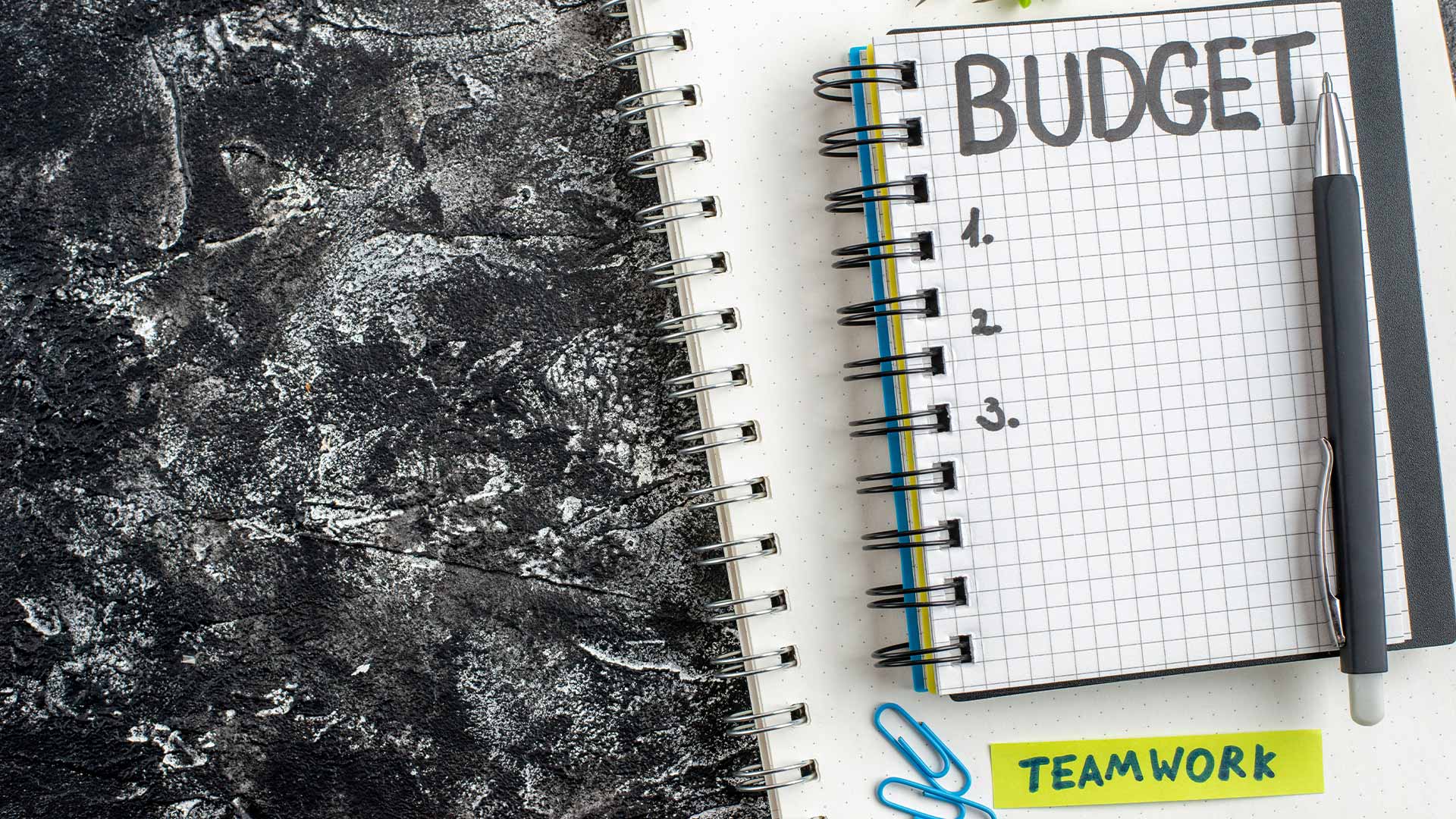Monthly budgeting sounds good in theory: make a plan once, stick to it, check back in at the end of the month. But in real life, things move a lot faster. Bills show up mid-month. Impulse purchases happen. Plans change. And before you know it, your tidy monthly budget is completely off track.
That’s why weekly budgeting can be a game-changer. It breaks your finances into manageable chunks, helps you adapt quickly, and keeps your money habits top of mind without being overwhelming.
Here’s why weekly budgeting works better for most people--and how to make it part of your routine.
Monthly Budgets Often Fail Because Life Moves Faster
Let’s say you get paid on the 1st. You sit down, create a budget, and feel good about your plan. But by the 8th, you’ve already overspent in one category, forgot about an upcoming birthday, or made a spontaneous purchase. You still have three weeks to go, but the numbers no longer make sense.
A weekly budget shortens the feedback loop. If something gets off track, you catch it in days--not weeks. That gives you time to adjust instead of abandoning the whole plan.
Weekly Budgeting Helps With Cash Flow Timing
Not all bills are due on the 1st. If you’ve ever run out of money mid-month, it’s probably because your monthly budget didn’t account for when bills actually hit.
A weekly plan matches your actual cash flow more closely. Each week, you look at what’s coming in, what’s going out, and how much is left for flexible spending. That rhythm keeps you in control.
It Makes Overspending Easier to Catch
One of the best things about weekly budgeting is how quickly you spot problem areas. If you planned to spend $100 on dining out this week and you’ve already spent $90 by Wednesday, you’ve got time to pull back.
You’re not waiting until the end of the month to realize you blew through your food budget. You’re checking in regularly and course-correcting in real time.
It Feels Less Overwhelming
A monthly budget can feel big and abstract. A weekly budget feels doable.
Instead of thinking, “How will I make $600 stretch for groceries this month?” you think, “I’ve got $150 for groceries this week.” It’s concrete, specific, and easier to act on.
Smaller goals feel more manageable. And checking in once a week takes 15-20 minutes--not an hour-long sit-down.
How to Switch to Weekly Budgeting
It’s not complicated. In fact, you can use the same tools you already use--just update your process.
Step 1: Break Your Monthly Budget Into Weekly Chunks
Take your monthly budget and divide it by four (or sometimes five, depending on the month). For example:
- Groceries: $600/month = $150/week
- Dining out: $200/month = $50/week
- Gas: $160/month = $40/week
This gives you weekly spending targets to aim for. You can adjust based on pay schedule or when specific expenses come up.
Step 2: Pick a Weekly Check-In Day
Choose a consistent day--Sunday night, Monday morning, or even Friday afternoon. Set a recurring reminder. This is your moment to:
- Review last week’s spending
- Adjust any category that needs attention
- Plan your upcoming week’s expenses
- Move money between envelopes if needed
Consistency is what turns this into a habit.
Step 3: Use a Tracker That Works Fast
Use whatever you’re comfortable with--a budgeting app like YNAB, a spreadsheet, or even pen and paper. Keep it simple. You’re not doing deep analysis every week. Just checking in, adjusting, and planning ahead.
Some apps let you set weekly spending limits and show progress bars, which can be a huge help in staying on target.
Step 4: Account for Irregular Expenses
Every week won’t be the same. One week you may have a birthday gift to buy, another week your car needs gas twice. That’s okay.
Use your weekly check-in to spot those exceptions and shift money accordingly. Flexibility is a key strength of this method.
Step 5: Celebrate Small Wins Weekly
Did you stick to your grocery budget? Avoid late-night online shopping? Put $25 in savings?
Write it down. High-five yourself. This isn’t just about avoiding failure--it’s about noticing and reinforcing what’s working.
Weekly Budgeting Works for Every Income Style
Whether you get paid weekly, biweekly, monthly, or irregularly, weekly budgeting can still work. It’s not about how often you earn--it’s about how often you plan.
In fact, for variable income earners, weekly budgeting is often the only way to stay stable. You plan based on what you earned last week--not what you hope to earn next.
It Keeps Money Front of Mind Without Obsession
When you check in once a month, money becomes something you react to. When you check in weekly, money becomes something you work with.
It’s not obsessive. It’s just present. And the more present you are, the better choices you make.
Weekly budgeting builds awareness, flexibility, and progress--all in a way that fits easily into your life.



